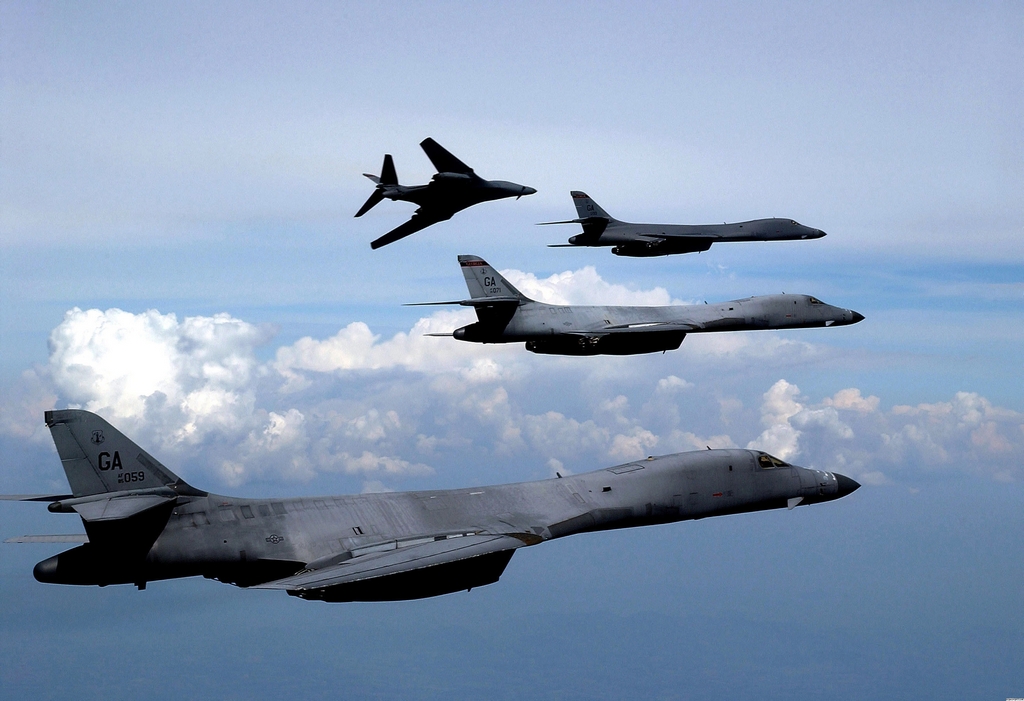
United States Assistant Secretary of Defense David Shear told the Senate Foreign Relations Committee on Wednesday that the United States military will deploy and station nuclear-capable strategic B-1 bombers in Australia as China becomes increasingly active in reclaiming areas which is under international waters.
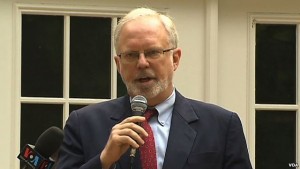
A senior US government official has also revealed that the US plans to station B-1 strategic bombers and surveillance aircraft in Australia as part of efforts to deter Chinese ambitions and intends to challenge China’s claims to sovereignty over large parts of the South China Sea.
US B-52 bombers have previously been temporarily deployed to Darwin, to take part in exercises with the Royal Australian Air Force, in 2012 and in late 2014, as a consequence of a joint Force Posture Initiative agreed by former prime minister Julia Gillard and US President Barack Obama in 2011.
The US B-1 Lancer bomber will station in Darwin to augment the existing US B-52 bombers in case it will immediately be needed for a mission.
Likewise about 1,150 US Marines began arriving in Darwin this week for six months training during the Top End’s dry season. The marines are the fourth rotation of US troops deployed to the Northern Territory since 2011. The plan is to gradually increase the number of US Marines rotating through Darwin to 2500 troops by 2017.
The plan comes as the Obama administration moves to boost US naval forces and air power in the South China Sea to assert the right of free passage and challenge China’s efforts to buttress its maritime territorial claims through the construction of airfields and artificial islands.
Disclosed ahead of any statement by the Australian government, the US plan to deploy B-1 bombers and surveillance aircraft to Australia comes as part of the US military’s broader “pivot” to the Asia-Pacific region.
Mr Shear told the Senate Foreign Relations committee that, “We claim the right of innocent passage in such areas, and we exercise that right regularly, both in the South China Sea and globally,”
Similar views were expressed by Assistant Secretary of State for East Asian and Pacific Affairs Daniel Russel, who also told the Senate committee “No matter how much sand you pile on a reef in the South China Sea, you can’t manufacture sovereignty.”
The Chinese Foreign Ministry has voiced “serious concern” about the US officials’s remarks.
She said China would “resolutely safeguard its territorial sovereignty” and urged the US “not to take any risks or make any provocations.”
An Australian Defence Department spokesperson said the department was “aware of the comments made by a US official in Congressional testimony overnight.”
In an apparent reference to Assistant Secretary Shear’s remarks about China added that the US Government “has contacted us to advise that the official misspoke.”
The Defence Department spokesperson insisted that military cooperation between Australia and the United States is “not directed at any one country.”
However the spokesperson did not dispute the report that the US plans to deploy B-1 bombers and surveillance aircraft to Australia and declined to answer specific questions about any such deployments.
“The specifics of the future force posture cooperation are yet to be finalised,” the spokesperson said. “Details are subject to continuing discussions between Australia and the United States. A range a different US aircraft already visits Australia for exercises and training. Increased cooperation will build on these activities.”
Opposition Leader Bill Shorten said he wasn’t aware of the report but backed the Amercian -Australian alliance.
“I think our region knows we have the ANZUS alliance,” he said.
“I don’t think anyone’s ever said we shouldn’t have the American alliance but what I think Asian economies and societies want to see is deeper engagement and engagement isn’t just trade,” he said.

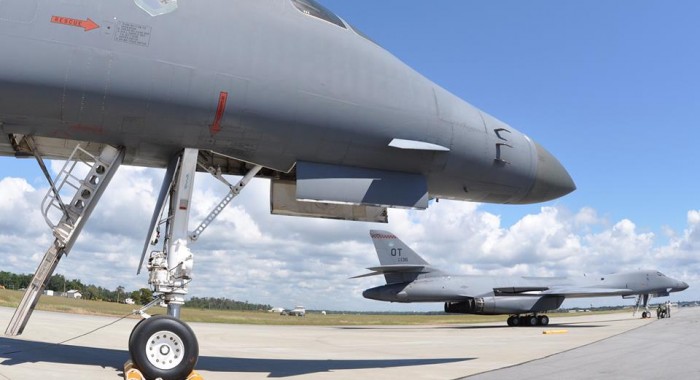
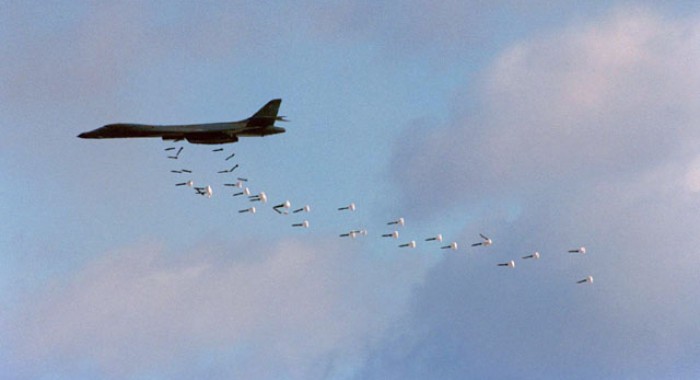
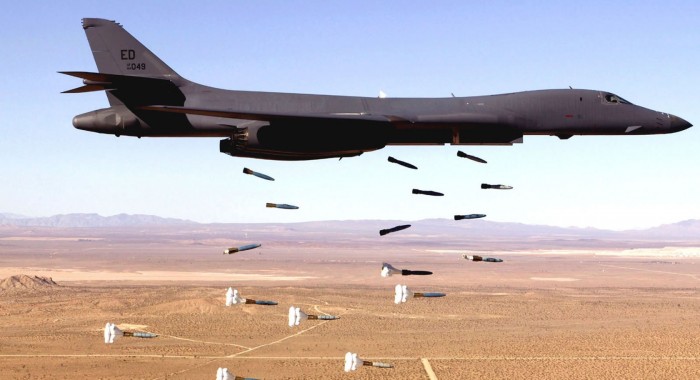
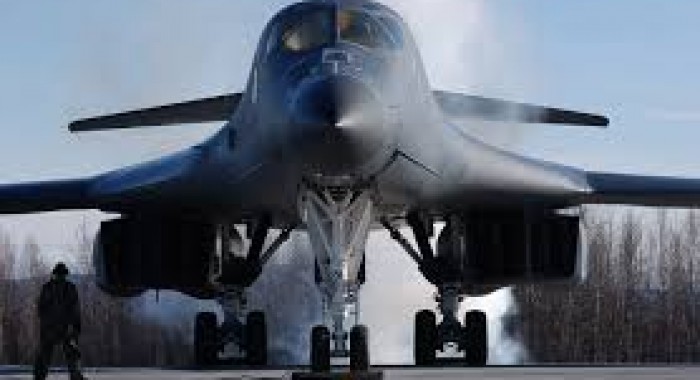
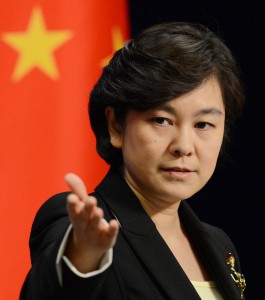
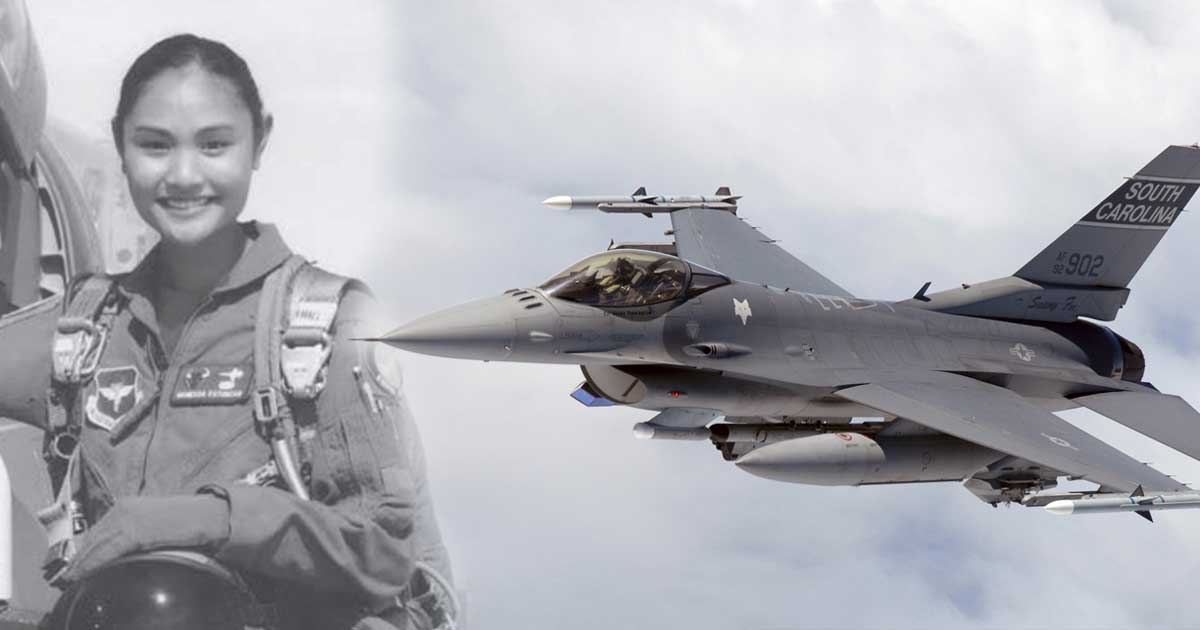
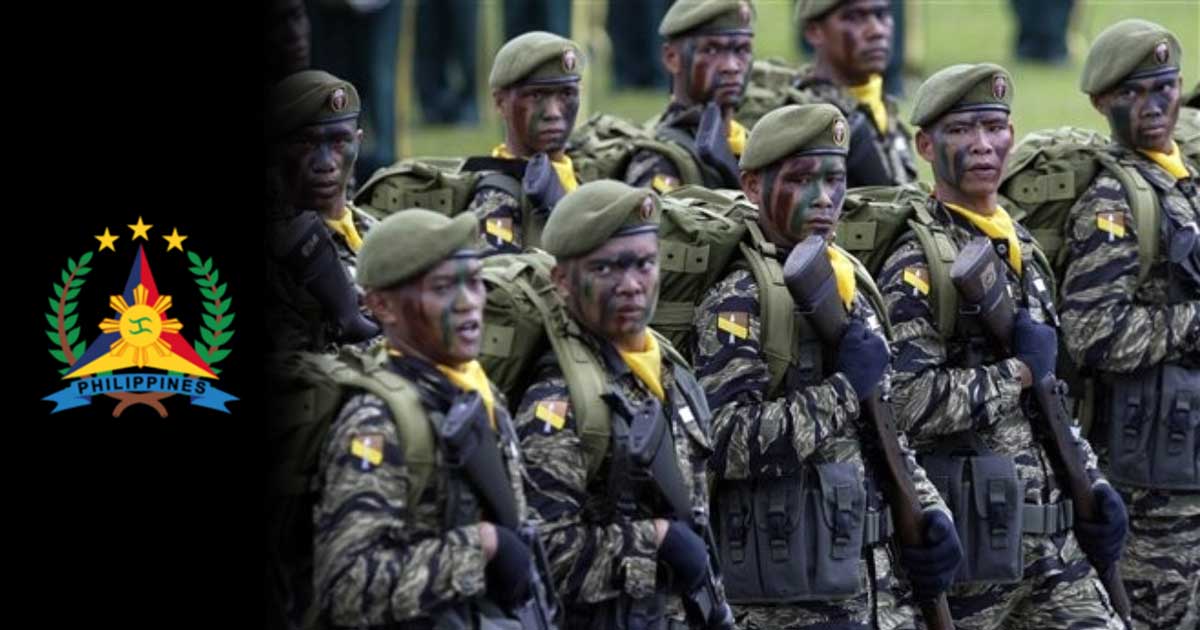
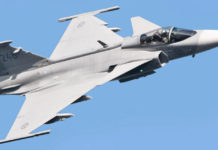




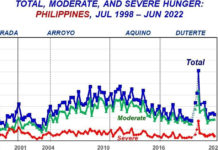
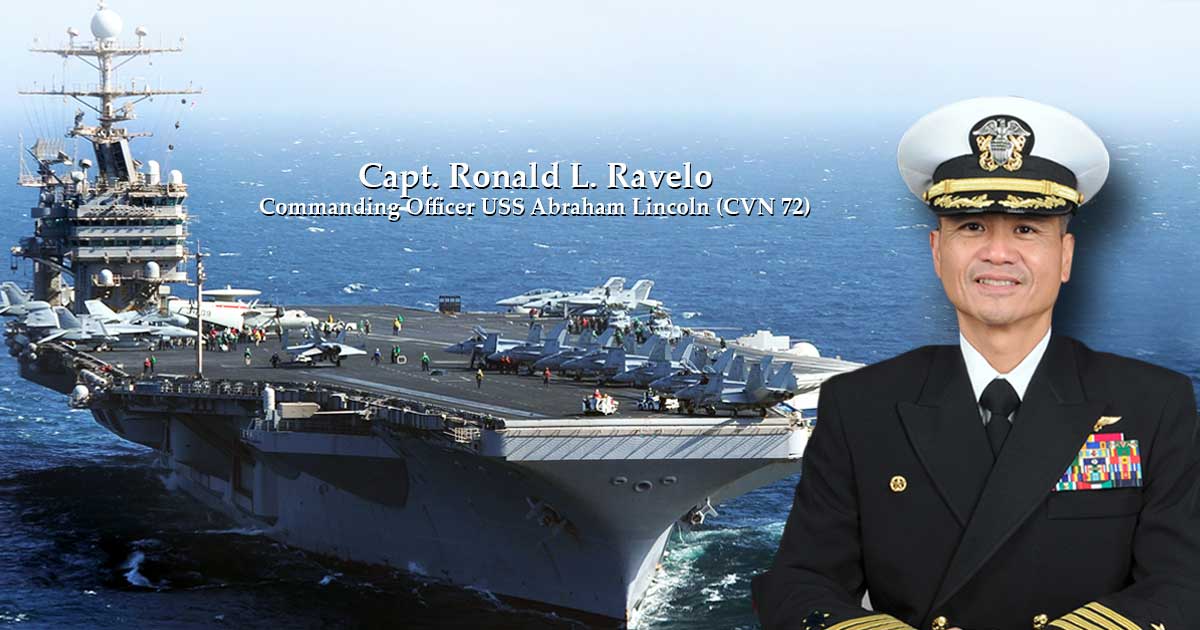
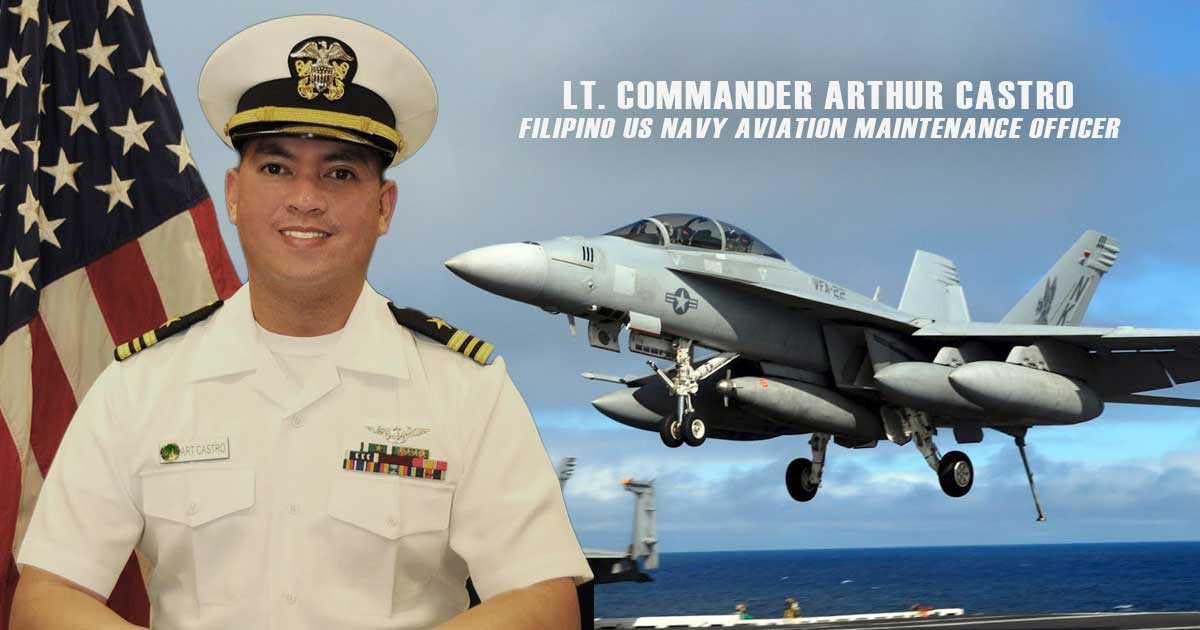
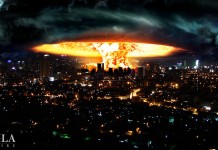
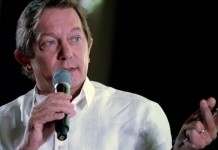
Comments are closed.